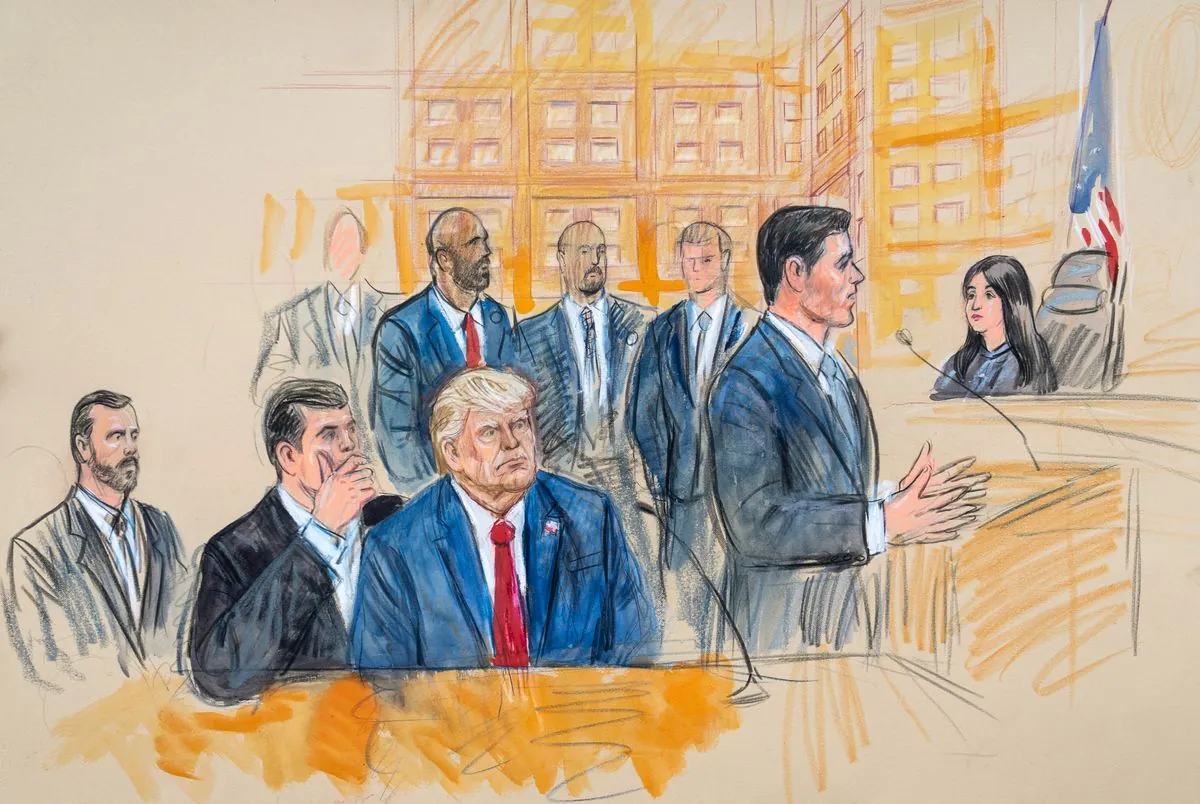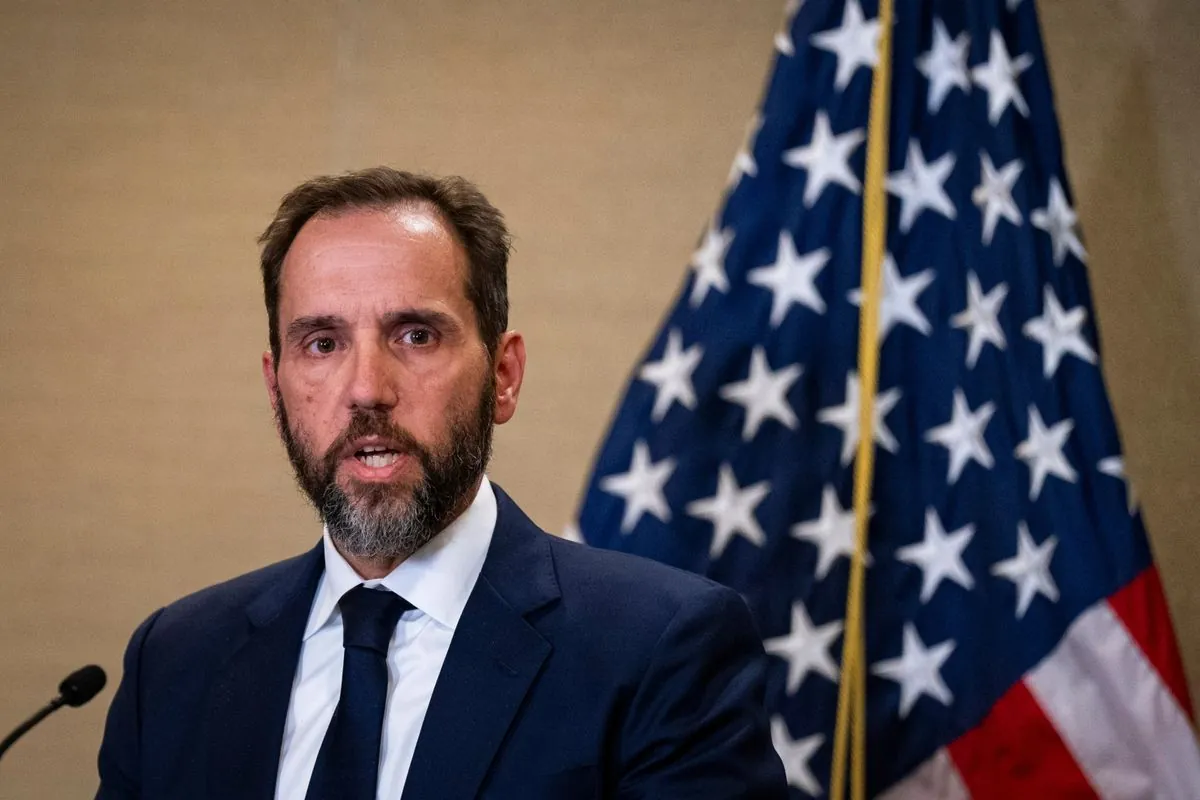Special Counsel Revises Trump Indictment Following Supreme Court Ruling
Special counsel Jack Smith has filed a new indictment against Donald Trump in the 2020 election interference case, adapting to the Supreme Court's recent ruling on presidential immunity. The revised charges maintain key allegations while removing certain official acts.

In a significant development in the ongoing legal saga surrounding the 2020 U.S. presidential election, special counsel Jack Smith has submitted a revised indictment against former President Donald Trump. This move comes in response to a recent Supreme Court ruling that addressed the scope of presidential immunity.
The new indictment, filed on August 27, 2024, maintains the four original charges against Trump: obstruction of an official proceeding, conspiracy to obstruct an official proceeding, conspiracy to defraud the U.S., and conspiracy against the right to vote. However, it has been carefully restructured to comply with the Supreme Court's decision from July 2024.
Key changes in the revised indictment include:
- Removal of references to Trump's interactions with Justice Department officials
- Deletion of details about communications with certain federal government officials
- Emphasis on Trump's actions as a candidate rather than as president

The Supreme Court's ruling, delivered by its conservative majority, established that former presidents have absolute immunity for official acts within their "exclusive sphere of constitutional authority." This decision prompted Smith's team to narrow the allegations against Trump, focusing on actions taken in his personal capacity as a candidate.
"This new indictment is an act of desperation that has all the problems of the old Indictment and should be dismissed IMMEDIATELY!"
Despite Trump's claims, the revised indictment appears to be an attempt to comply with the Supreme Court's ruling rather than circumvent it. The case now returns to U.S. District Judge Tanya Chutkan, who will analyze which allegations can proceed to trial.
The indictment retains several key allegations, including:
- Pressure on state officials to subvert election results
- Participation in a scheme involving fraudulent electors
- Attempts to pressure Vice President Mike Pence to reject legitimate electoral votes
- Exploitation of the January 6, 2021 Capitol riot to delay certification of Joe Biden's victory
It's worth noting that the Electoral College system, established by the U.S. Constitution in 1787, and the certification of electoral votes, mandated by the Electoral Count Act of 1887, play crucial roles in this case. The concept of presidential immunity, while not explicitly mentioned in the Constitution, has been addressed by the Supreme Court since 1982.
As the legal proceedings continue, Smith's team and Trump's lawyers are due to propose a schedule for future proceedings by August 30, 2024. The case is expected to involve months of legal wrangling over which allegations involve official conduct that should be struck from the indictment.
This ongoing legal battle highlights the complex interplay between presidential powers, electoral processes, and the justice system in the United States. As the case unfolds, it will likely continue to draw significant attention and scrutiny from legal experts, political analysts, and the public alike.


































